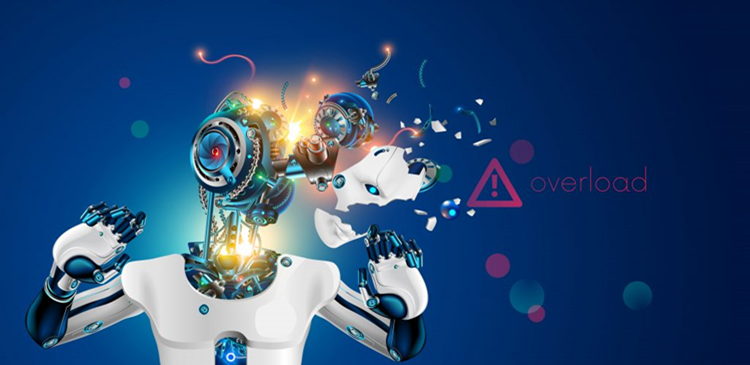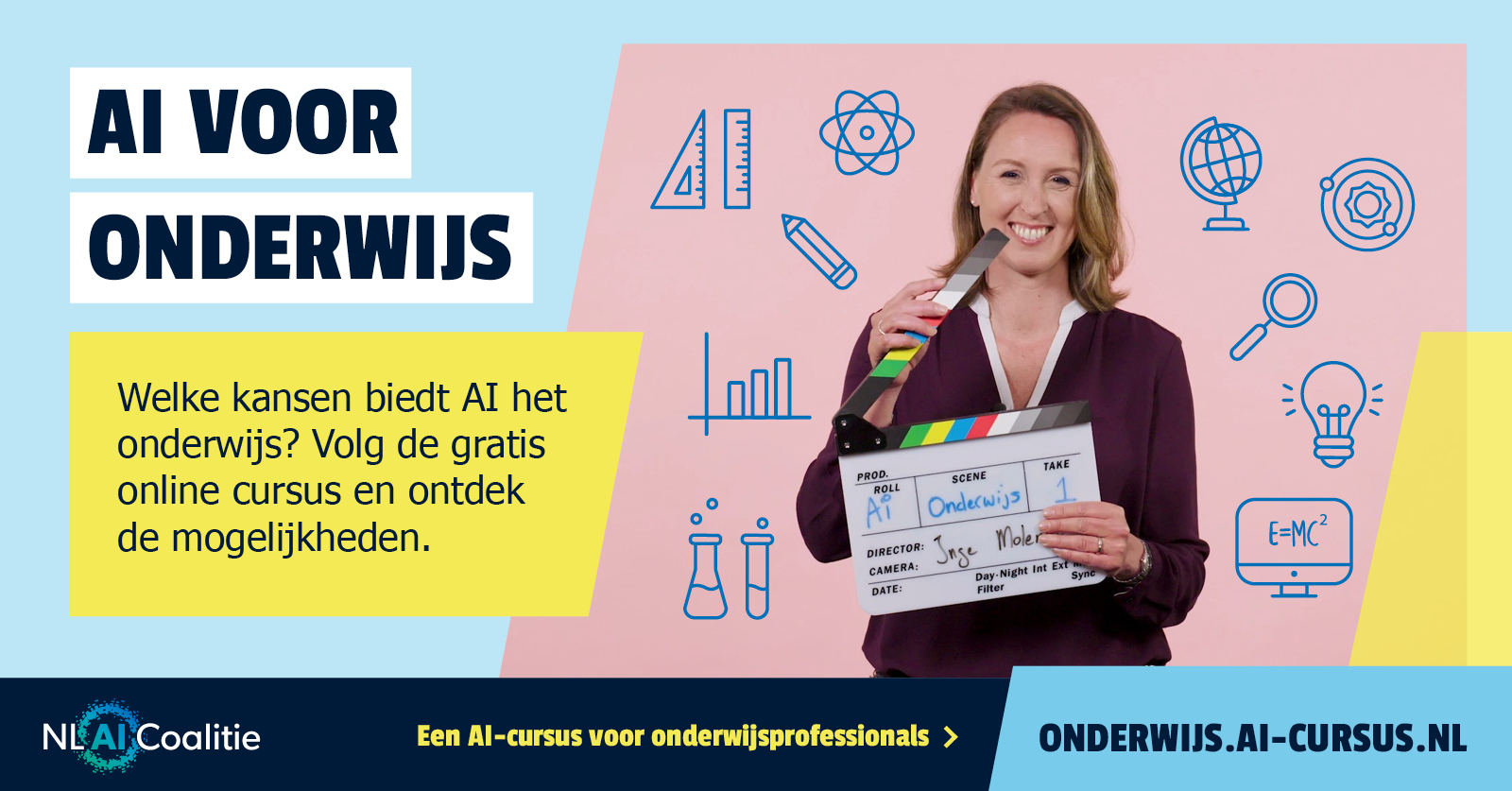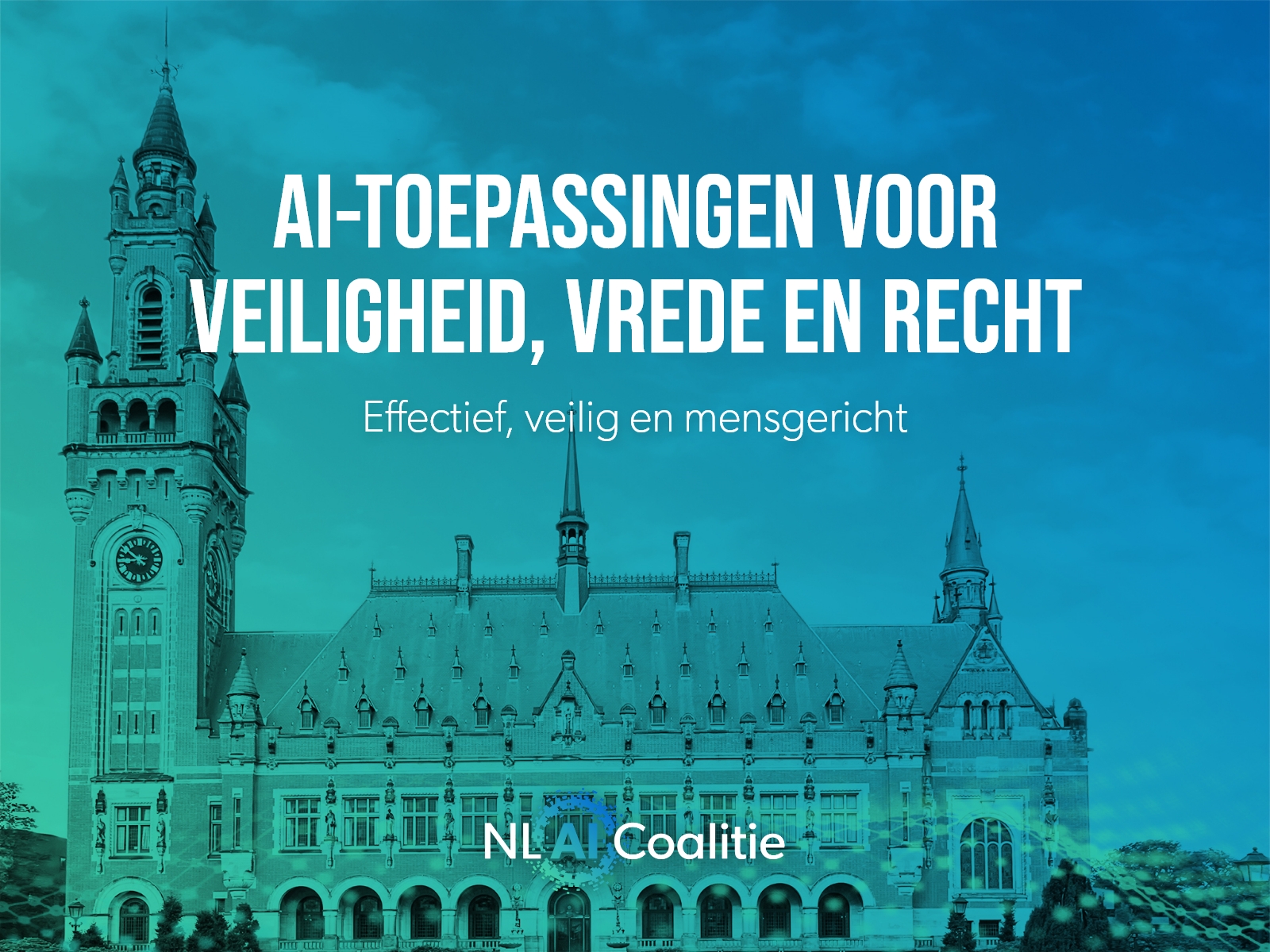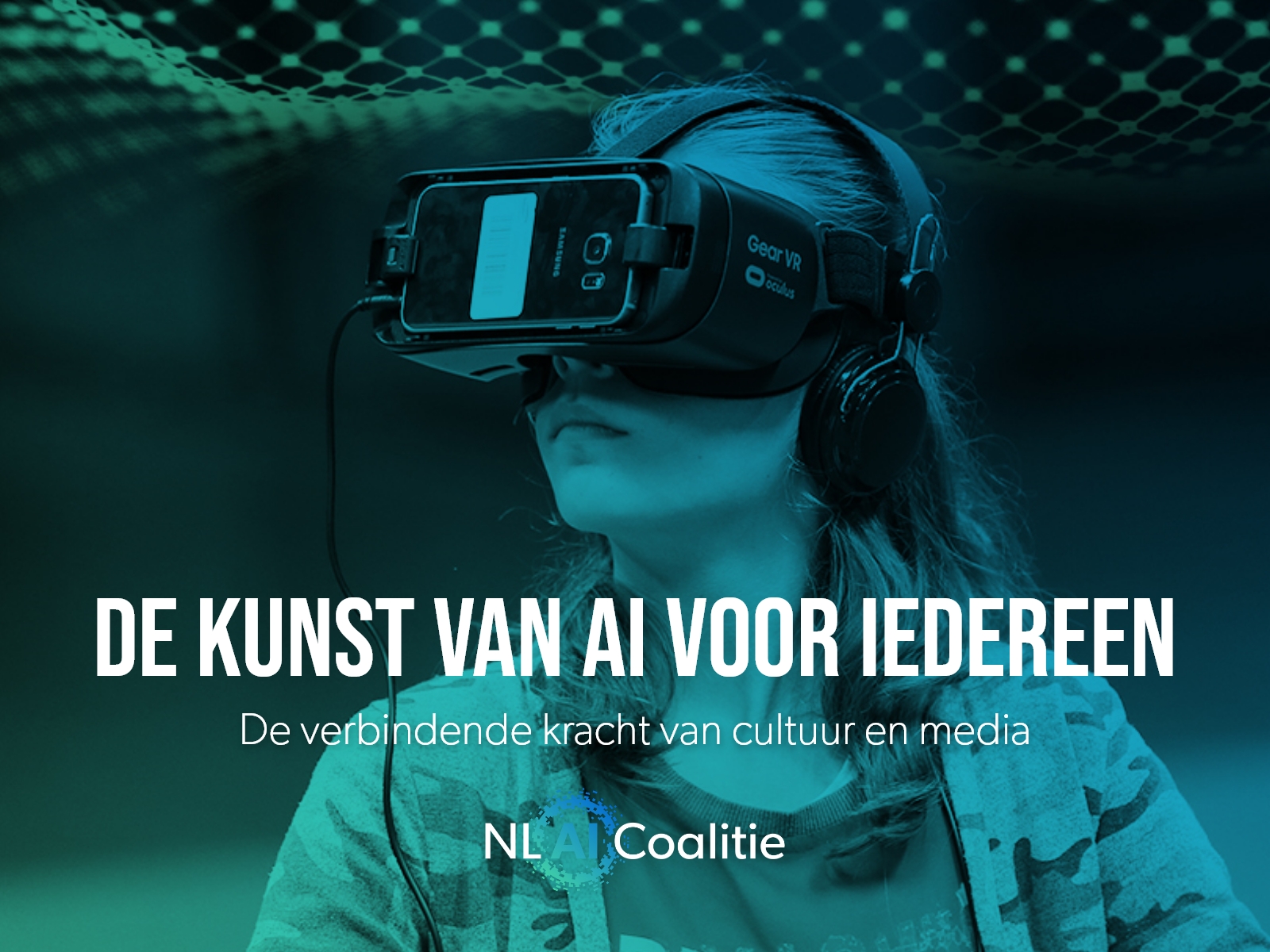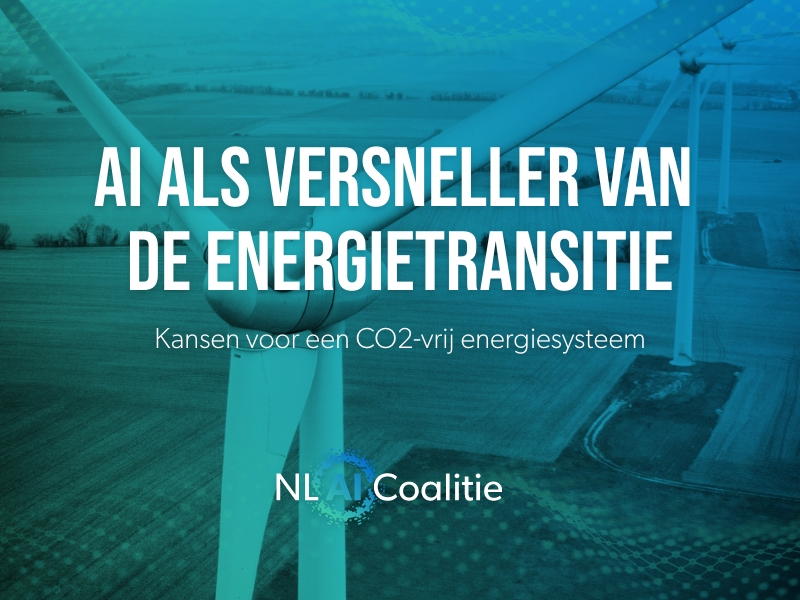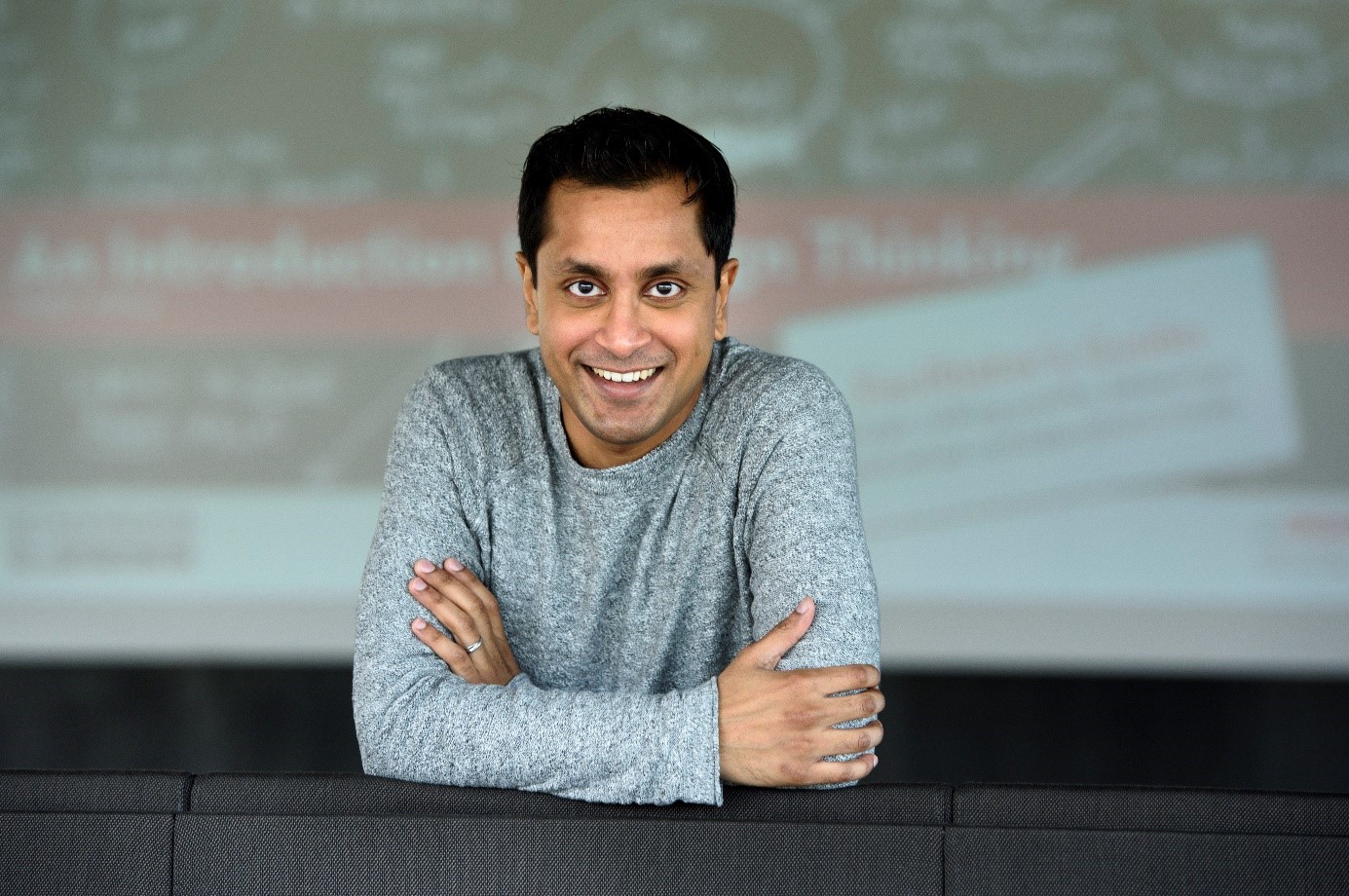AI technology is well-suited to helping the efforts of security professionals and decision-makers to make the world a safer place, but its deployment also comes with risks. How can we achieve an effective, safe and human-centric approach for these applications? And what are then the preconditions? These are issues that the Security, Peace and Justice working group of the Netherlands AI Coalition is working on intensively.
Working group
The working group’s principle is a human-centric approach where AI applications are developed and deployed effectively, safely and responsibly. An ecosystem set up by the working group lets the various national players in that ecosystem make contacts with each other, coordinate content issues and collaborate closely to achieve the desired results. Those players include governmental and semi-governmental organisations as well as centres of expertise, the commercial sector (from start-ups to corporate) and various social organisations and NGOs.
What we do
A lot of attention is paid to real-world use cases, for instance in which start-ups present their innovative solutions to possible end users. The working group helps them think through the relevant funding opportunities, potential cooperative partners and ways of speeding up the development process and then scaling it up if it proves viable. When doing so, it makes the most of existing ecosystems and policy frameworks for digitalisation and security, peace and justice. There are for instance close collaborative links with the Security Knowledge and Innovation Agenda, Dutch Digital Delta and Security Delta.
The working group concentrates on five focal themes:
- Human-centric approach: transparency, explainability and privacy are essential when AI is being used. This calls for a responsible, people-oriented approach, with plenty of attention paid to the administrative, ethical and legal preconditions.
- Privacy-proof information sharing: when AI is used, it is important to be able to exchange information confidentially while safeguarding the privacy of private individuals. The working group is therefore in favour of innovative technologies such as multi-party computation (MPC) and federated data.
- AI for decision support: AI solutions are greatly needed that provide people with the relevant information that they need in their work for making the right decisions. A lot of effort is currently being put into such systems. And that ‘AI, data and intelligence for decision support’ will help not only security professionals such as police officers but also decision-makers such as judges and administrators in government.
- AI for cybersecurity: despite increasing investment in cybersecurity, most organisations are scarcely able to keep pace with the speed of developments and digital threats. A medium-sized company gets hundreds of thousands of alarms per day. Automating cybersecurity work is therefore a key solution for becoming and remaining resistant without using lots of human and financial resources.
- Dutch language and speech recognition AI: for investigative work and all kinds of other tasks in the criminal law chain, it is important to have good algorithms for Dutch that can also handle dialects, slang, accents, children’s language and speech disorders. That needs language and speech technology that analyses spoken and written Dutch, establishes relationships between spoken and written language, and converts the spoken word into text. The working group fulfils a leading role in the NAIN ecosystem (‘Dutch AI for the Dutch language’) that has set itself the goal of making speech technology available to everyone who speaks Dutch, and doing so without depending on large foreign commercial parties.
More information
If we’ve piqued your curiosity, be sure to read the position paper that the working group wrote, together with its participants and partners.
If you’re interested in this topic and would like to be actively involved, please contact us or become a member of the NL AIC and benefit from our Security, Peace and Justice expertise and network, and other relevant AI themes.


